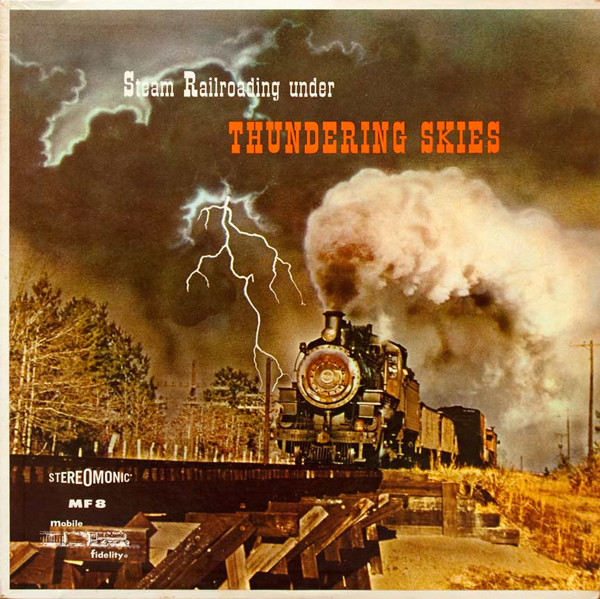Hi-Fi Hall of Fame
Business Inductee
Mobile Fidelity Sound Lab
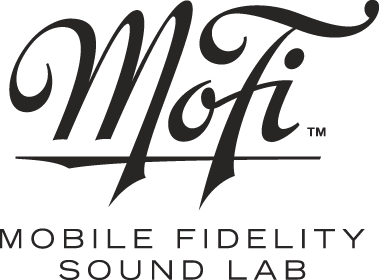
Mobile Fidelity Sound Lab: Introduction
Our next inductee is a manufacturer that specializes in high quality vinyl records for discerning audiophiles: Mobile Fidelity Sound Lab.
“MoFi”, as they are often known, has been making audiophile quality records since 1977, although their origin story goes all the way back to 1958 (more on that below). The company also makes audiophile quality Compact Discs and a small range of electronics, phono cartridges, and accessories.
Let’s take a look at Mobile Fidelity Sound Lab to see why they are being inducted into the Hi-Fi Hall of Fame.
History of Mobile Fidelity Sound Lab
The company’s origin story goes all the way back to 1958, when a young recording engineer named Brad Miller recorded the sounds of some steam powered locomotives near his home in Southern California. He knew that the era of steam locomotives was rapidly coming to an end. And he wanted to record the distinctive sounds of these trains before they were gone.
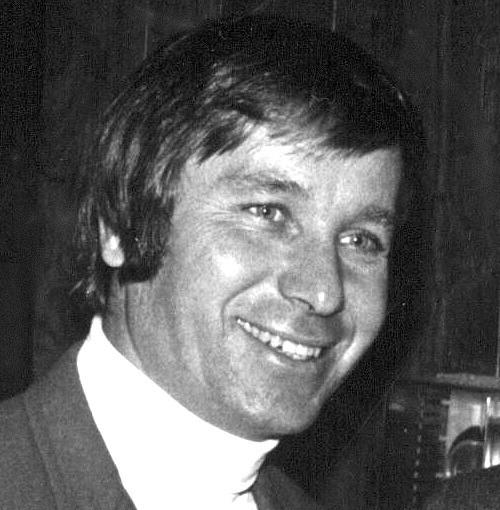
Miller founded a new company which he called “Mobile Fidelity”. He engineered and mixed the audio from these recordings and produced the first Mobile Fidelity record (MF-1) named “Memories in Steam”. That record came out in 1958 and featured the sounds of a “Cab Forward” locomotive manufactured by Baldwin. Southern Pacific (SP) Railroad used these locomotives to haul freight and passenger trains throughout California and over the Sierra mountains.
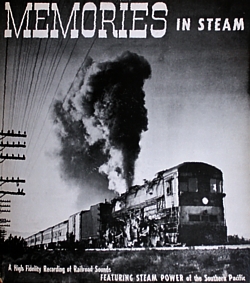
Click on the photo below if you’d like to read more about these locomotives.

That same year, Mobile Fidelity released “Steam in Colorado” (MF-2), featuring the sounds of steam locomotives operated by Colorado & Southern, Denver & Rio Grande Western, Great Western, and Union Pacific railroads.
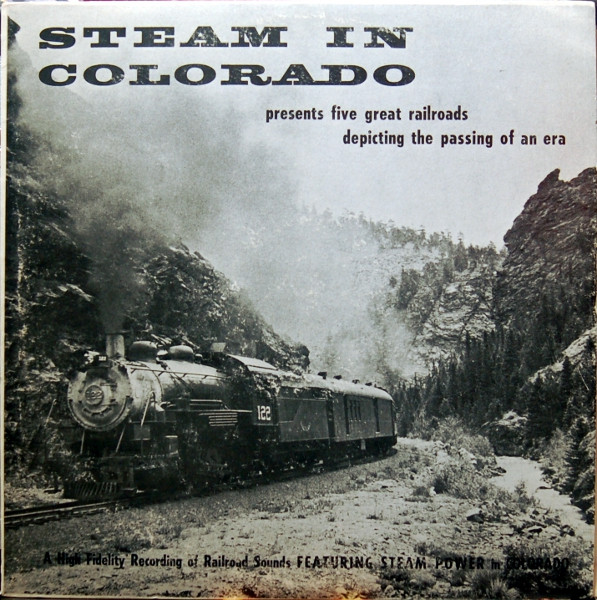
For the “Highball” (MF-4) project, Miller embarked on a journey through Wyoming, Colorado, and Nebraska, equipped with an Ampex 601-2 tape recorder and a pair of Electro-Voice microphones. These recordings were the first stereo album released by Mobile Fidelity.
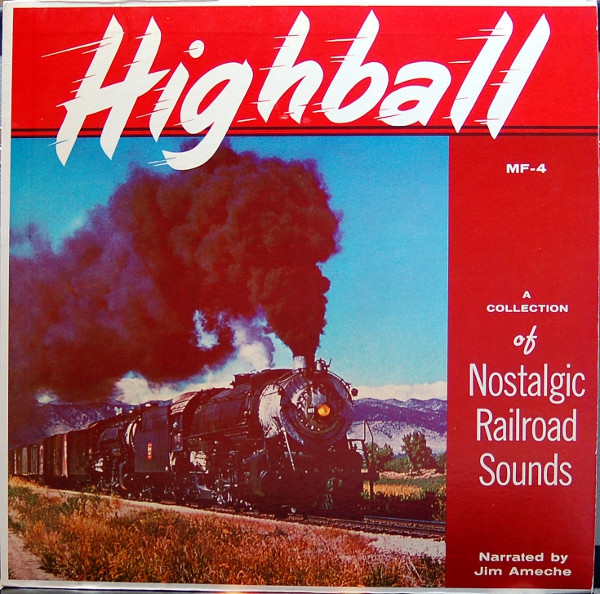
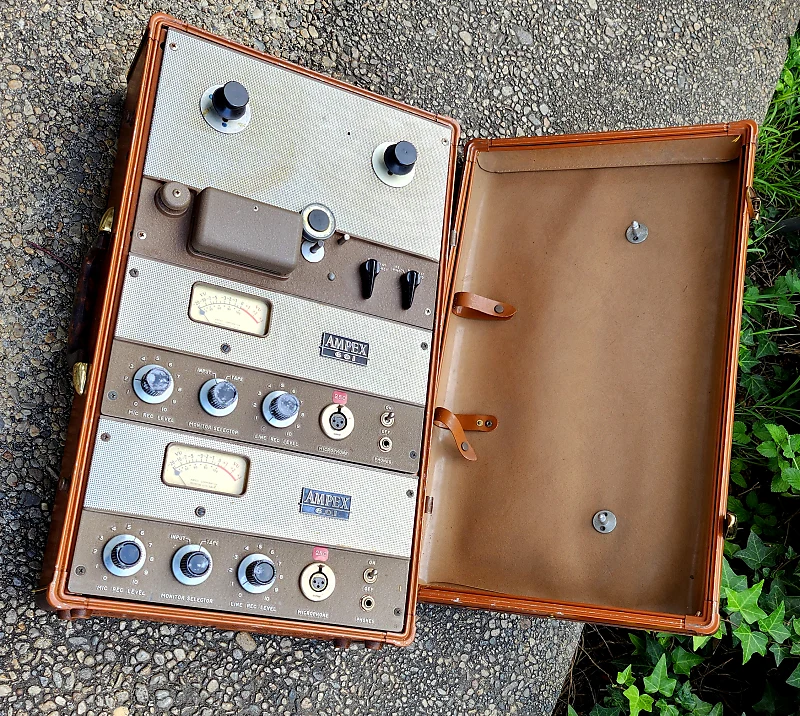
By 1961, Miller was blending the sounds of locomotives with the symphony of nature. Released in September of that year, Mobile Fidelity’s MF-8 was titled “Steam Railroading Under Thundering Skies”, masterfully combined the roaring engines with the rhythmic patter of rainstorms. Billboard Magazine acknowledged the album as their “specialty pick of the week”.
By the mid 1960s, Miller wanted to produce some audiophile quality musical recordings. He hired professional musicians to create the “Mystic Moods Orchestra”, and had them record some music. He mixed in some environmental sounds, and after spending several months perfecting the mix, he struck a deal with Philips to release the album under the title “One Stormy Night”. It was a big hit for Philips and inspired Miller to continue producing musical records for the audiophile market.
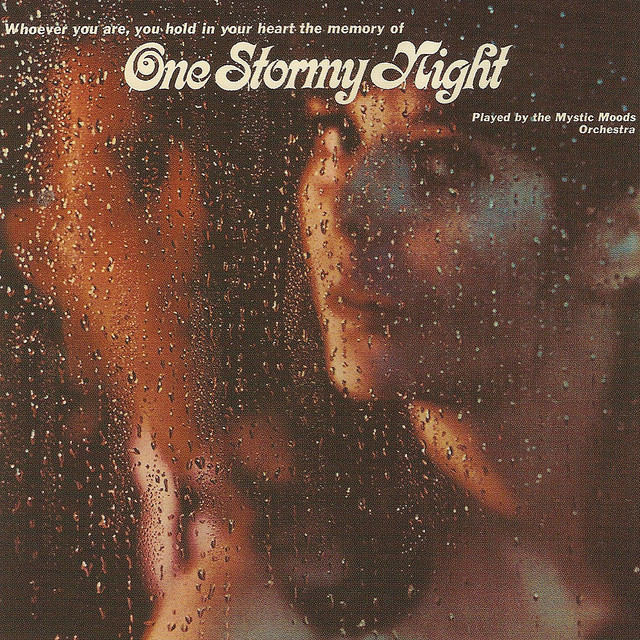
The Mystic Moods Orchestra went on to release a number of records on the Philips, Warner, and Sound Bird labels.
Founding of Mobile Fidelity Sound Lab
In 1977, Miller founded a new company which he named “Mobile Fidelity Sound Lab”. The idea was to acquire the rights to existing music, and to create audiophile quality records from the “master tapes” (the original studio recordings) of that music.
To do this, Miller and his team created proprietary mixing, mastering, and recording processes. The new recordings would use minimal compression and equalization, and they would be mastered at half speed. The new company would also use a high quality vinyl to manufacture the records.
The company called these “Original Master Recording” albums. The first few releases included albums from Supertramp, George Benson, and Pink Floyd. These were successful, and Mobile Fidelity Sound Labs continued to release new recordings.
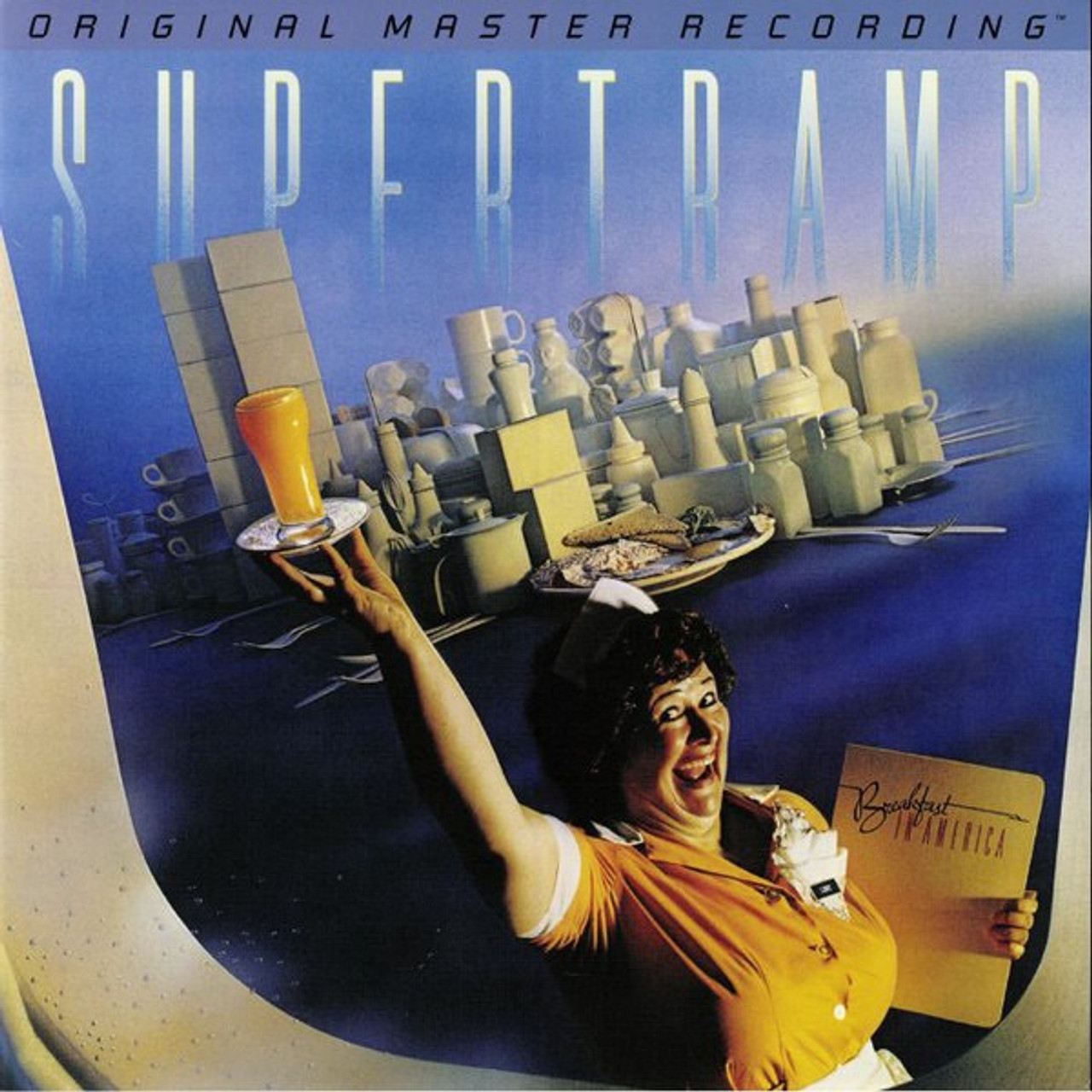
In the 1980s, the digital era of music began. The industry, and many consumers, began to buy their music on Compact Disc (CD) rather than on vinyl records. Miller and his company began to produce a line of audiophile CDs. Eventually the product range would include “Silver” and “Gold” CDs, and “Super Audio CD” (SACD).
The company went on to release many records and CDs, and the business was thriving until the late 1990s.
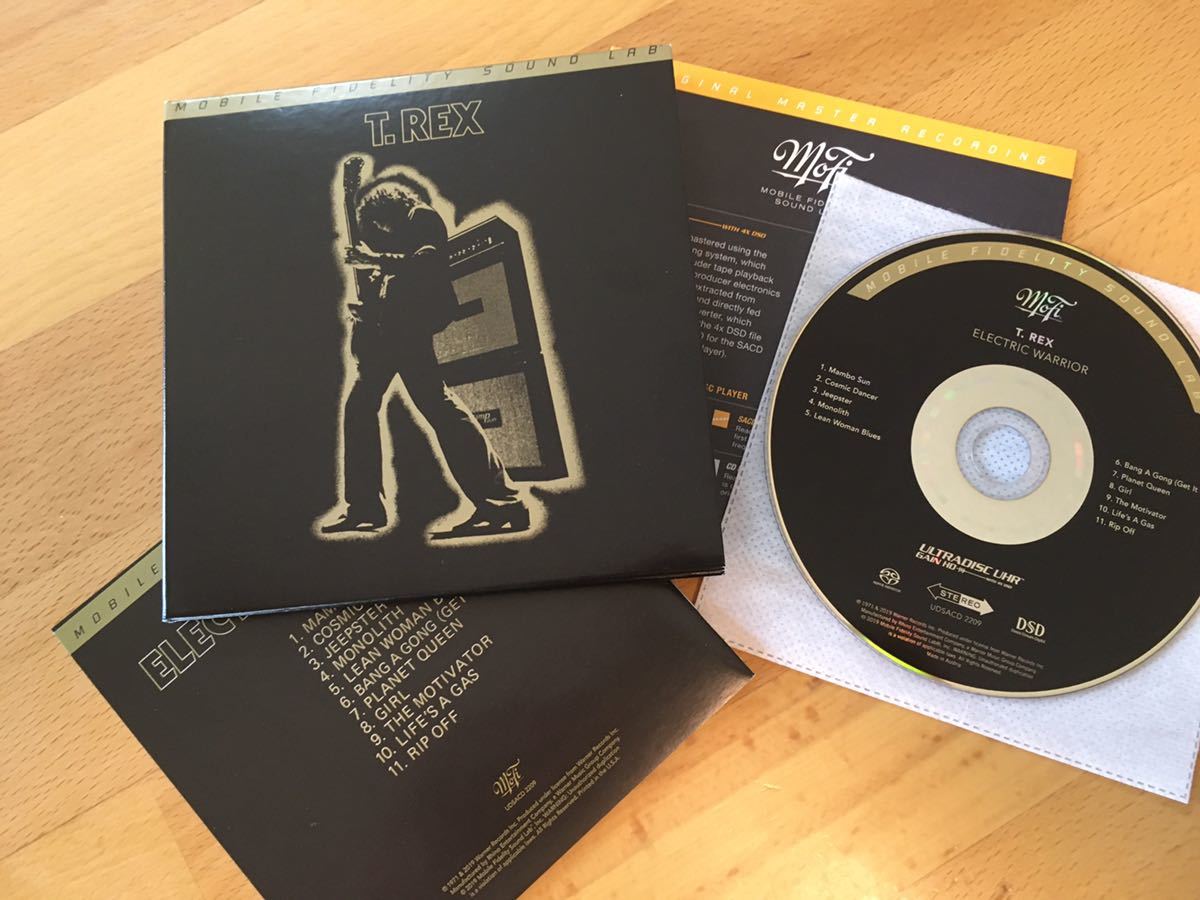
Bankruptcy and Revival
Unfortunately for the company, the vinyl record business was in a slow, steady decline due to the increasing popularity of digital music. Then in 1999, their main distributor suddenly went out of business. This combination of factors caused Mobile Fidelity Sound Lab to declare bankruptcy and cease operations in 1999.
Fortunately, in 2001, a “white knight” appeared in the form of the company Music Direct and their owner Jim Davis. He acquired Mobile Fidelity Sound Lab, revitalized the brand, and helped the company to navigate the resurgence of vinyl in the following years.
Mobile Fidelity Sound Lab – Technologies
Over the years, MoFi has developed a number of technologies and processes to deliver the best possible audio quality onto their records and discs.
The engineers use modified, high performance tape recorders such as the Studer A-80 for getting the most out of the original master tapes.
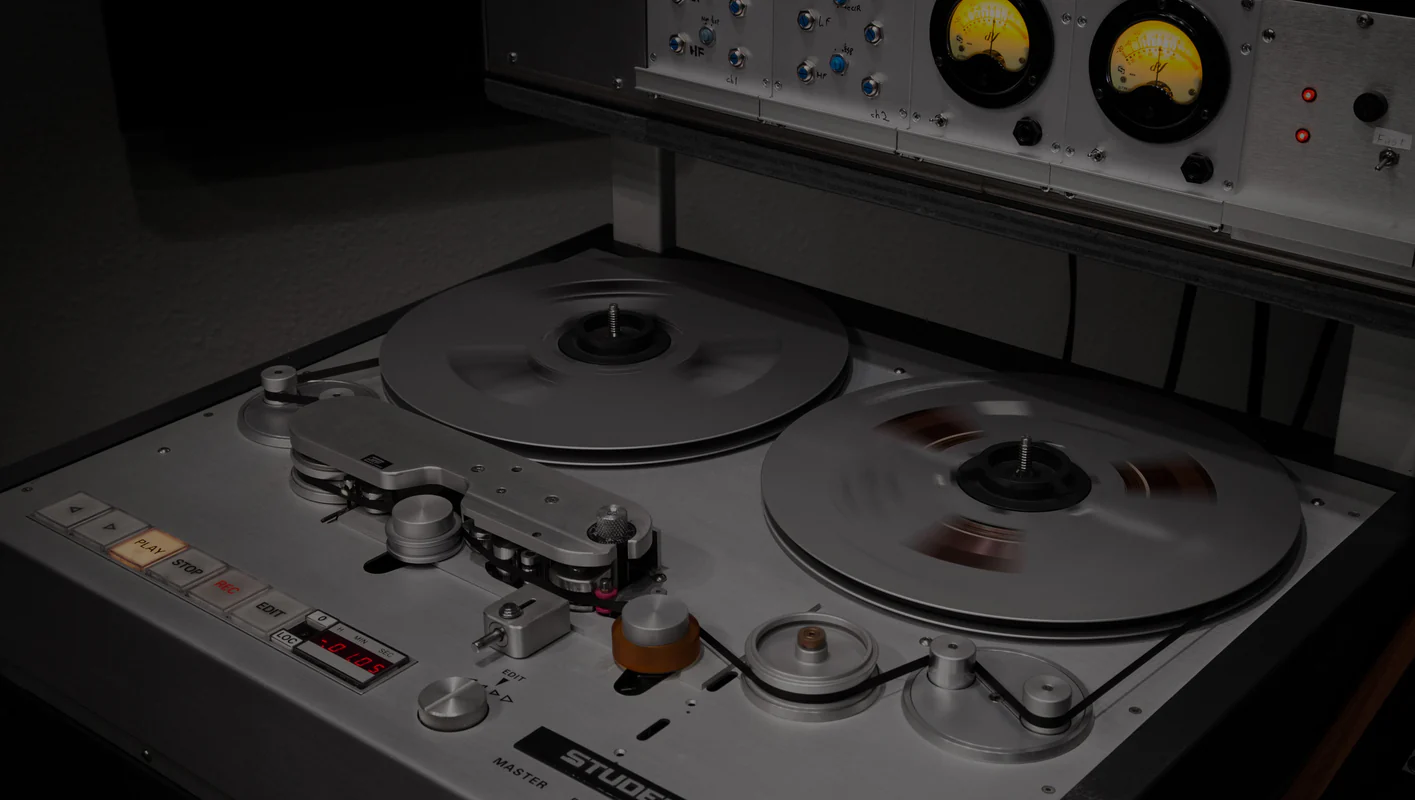
MoFi developed their proprietary “UltraDisc One Step” (UD1S) process which eliminates generational loss in the plating and pressing process for vinyl records. They use this process for their top-of-the-line “UD1S” products. Here’s how that process works (graphic courtesy of MoFi):
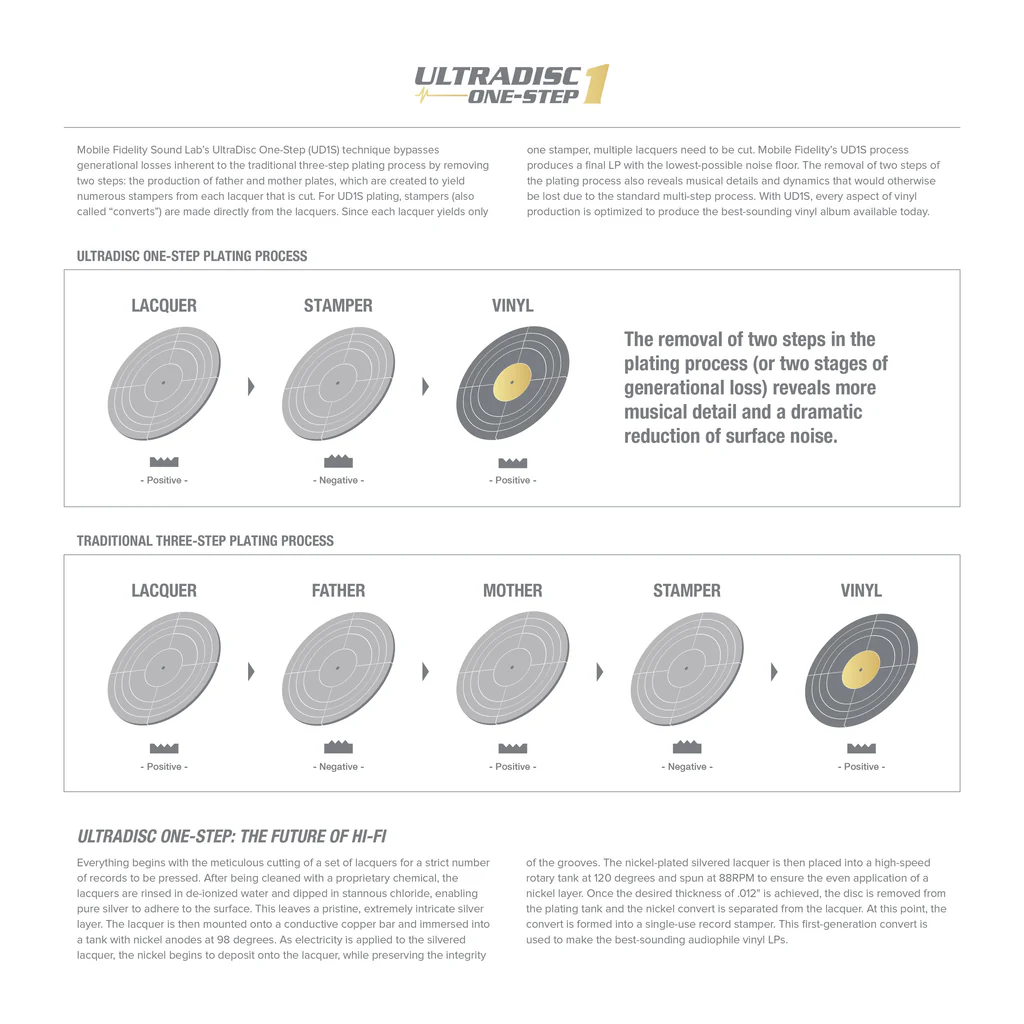
They developed their own “Supervinyl” compound to minimize noise, and they press records using heavy (180 grams or more) amounts of vinyl for a solid and durable disc.
Their engineers developed their own proprietary “GAIN” and “GAIN 2” mastering processes. The current version includes both an analog version for vinyl records and a digital version for SACDs. They use top-of-the-line Neumann lathes to cut the master discs.
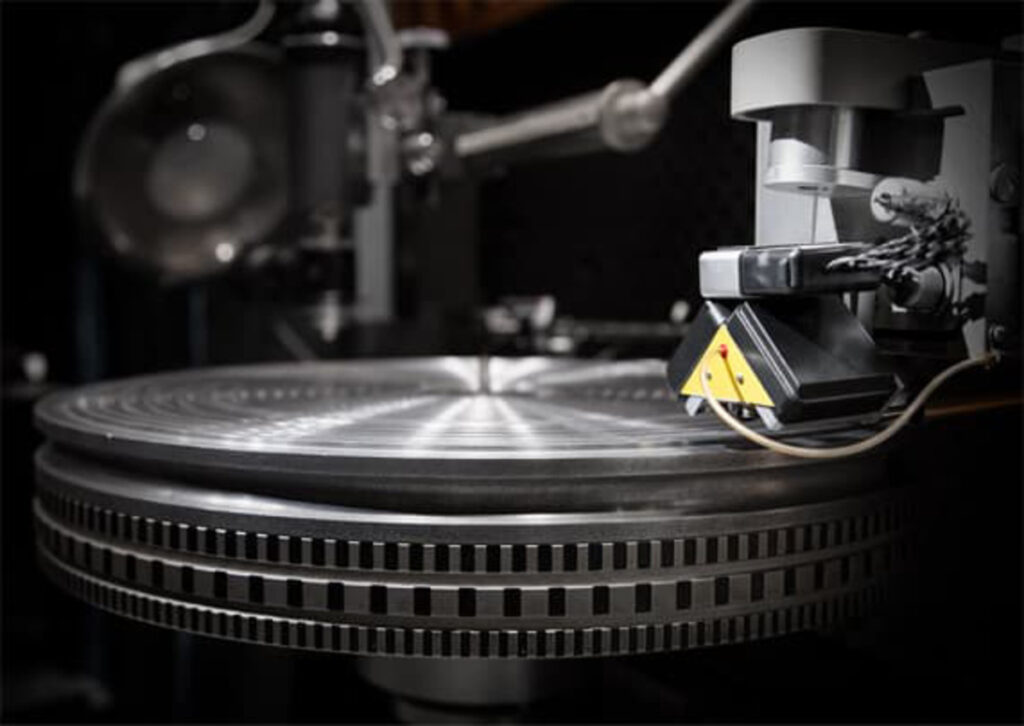
Controversy
MoFi was briefly embroiled in a “digital versus analog” controversy, stemming from its long standing claim of producing “all analog” vinyl records. It was revealed that MoFi had been using “Direct Stream Digital” (DSD) technology to transfer master tapes to digital files before remastering.
Some customers felt deceived after paying premium prices for supposedly pure analog records. The controversy was eventually settled.
Mobile Fidelity Sound Lab Today
Today, Mobile Fidelity Sound Lab is a small but mighty part of the Hi-Fi ecosystem.
They offer a wide range of music in analog vinyl and digital (SACD) formats. They also offer a small range of “MoFi Electronics”, including turntables, preamplifiers, phono cartridges, speakers, and accessories.
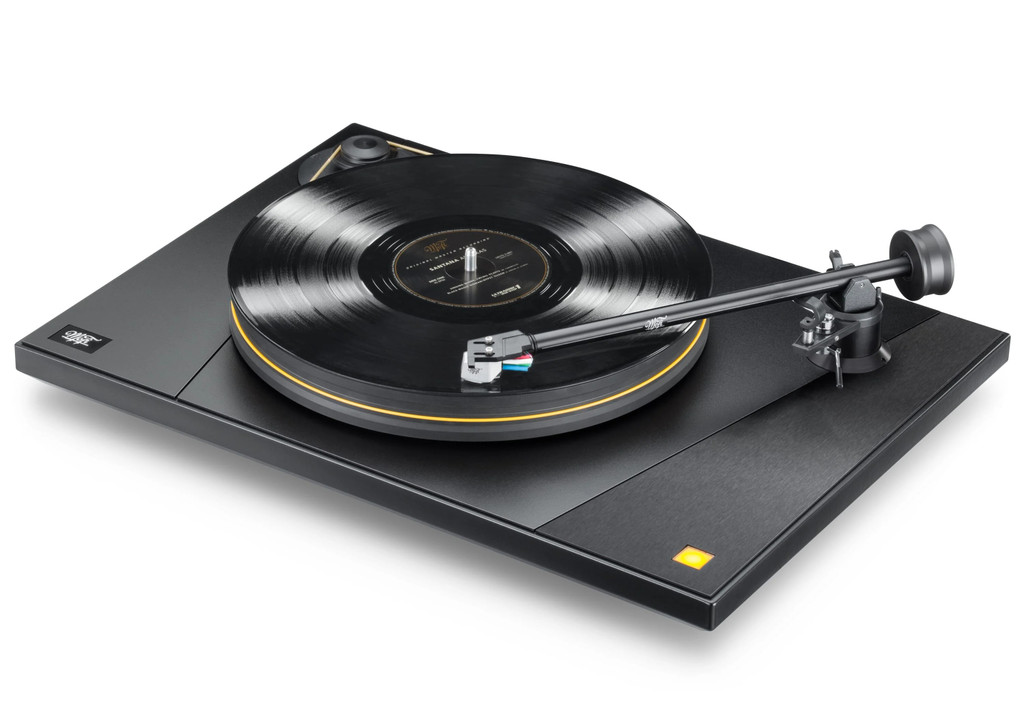
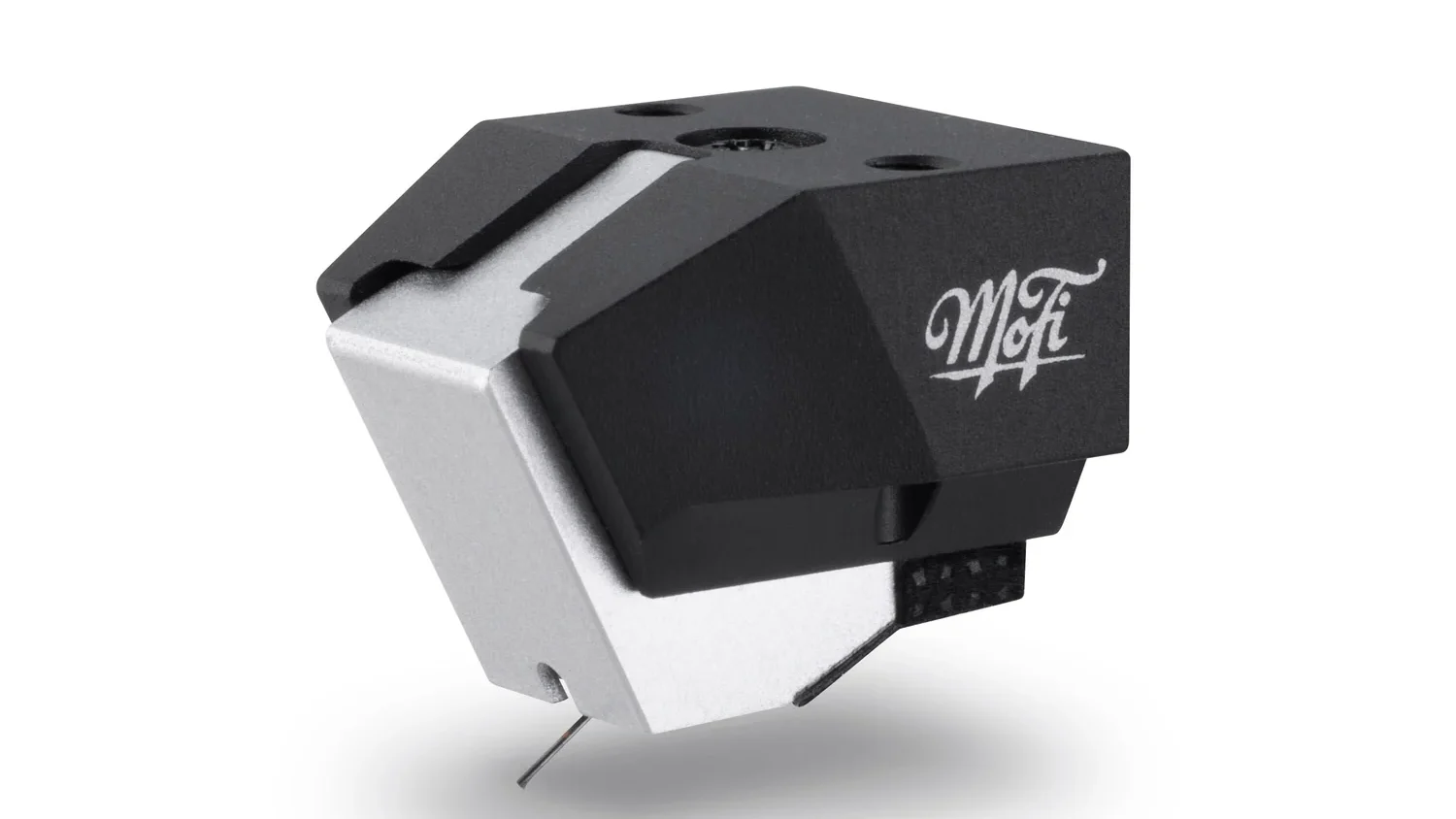
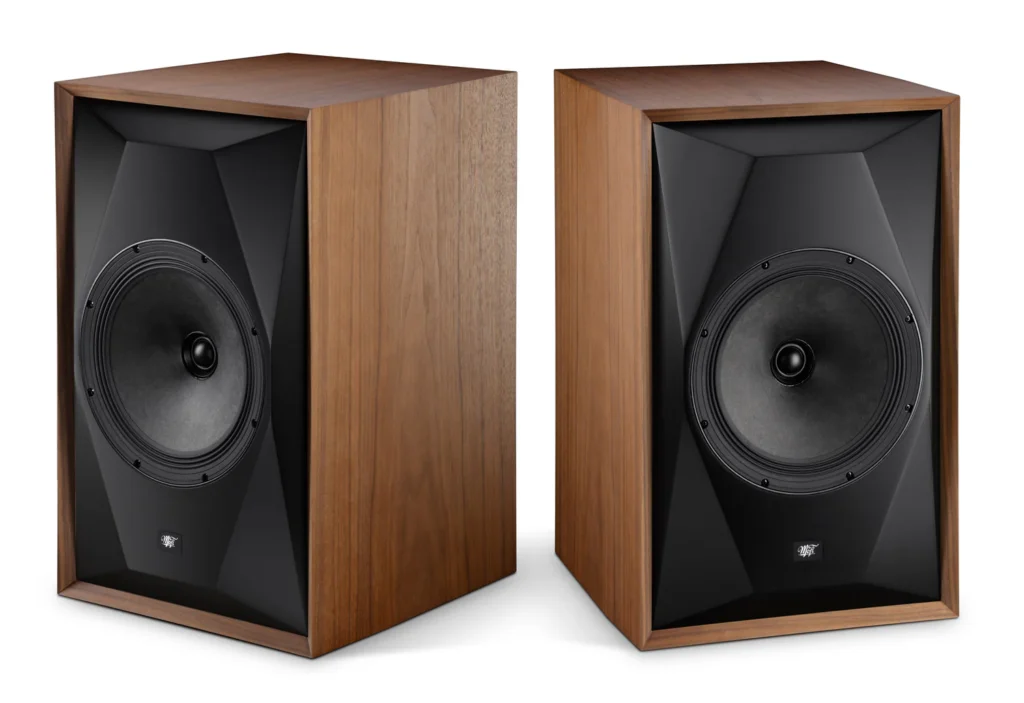
If you’d like to see Mobile Fidelity Sound Lab’s current products, please click here.
Induction into the Hi-Fi Hall of Fame
From humble beginnings in 1958 recording steam locomotives, Mobile Fidelity Sound Lab has stayed true to their mission of producing high quality audio recordings.
They have been pioneers of high quality recording, mastering, and production. Their engineers have developed technologies, processes, and machinery to wring every bit of sound quality out of those original recordings.
They have focused on their core customer, the audiophile who is always seeking the best sound possible.
They have offered a wide range of music, to appeal to a wide audience.
And they have endured some significant setbacks and kept right on going.
For all of these reasons, Mobile Fidelity Sound Lab is inducted into the Hi-Fi Hall of Fame.

